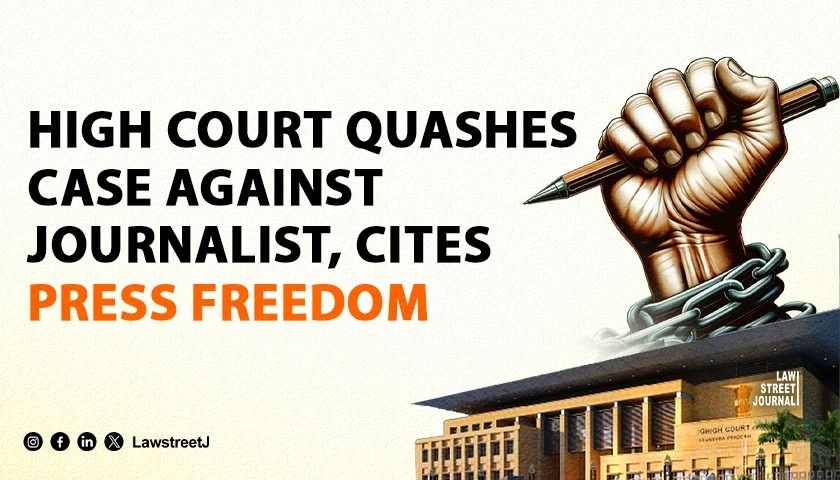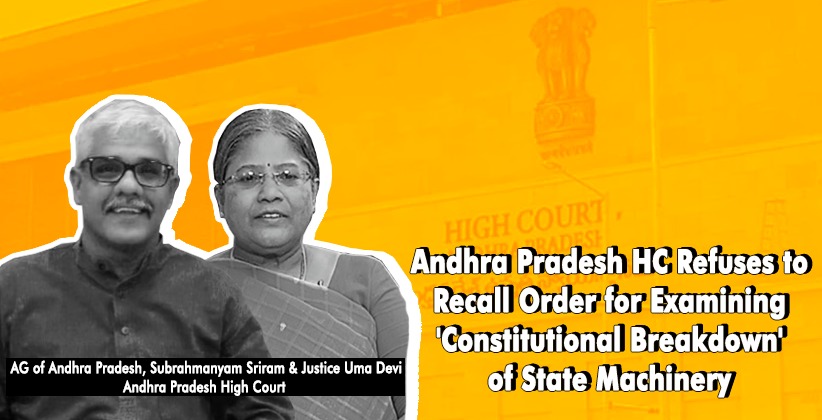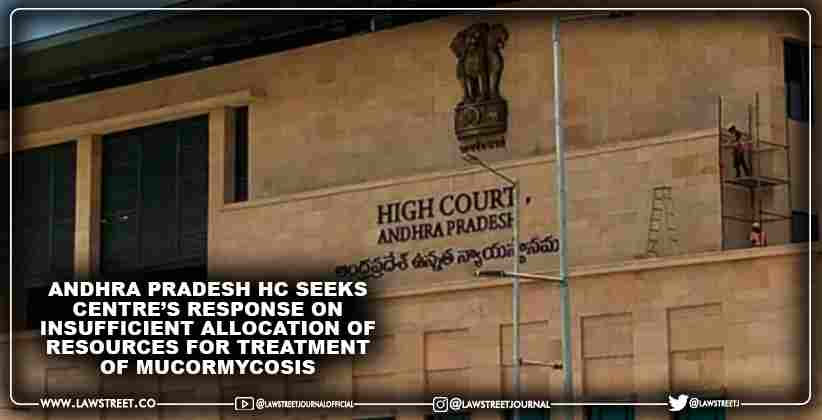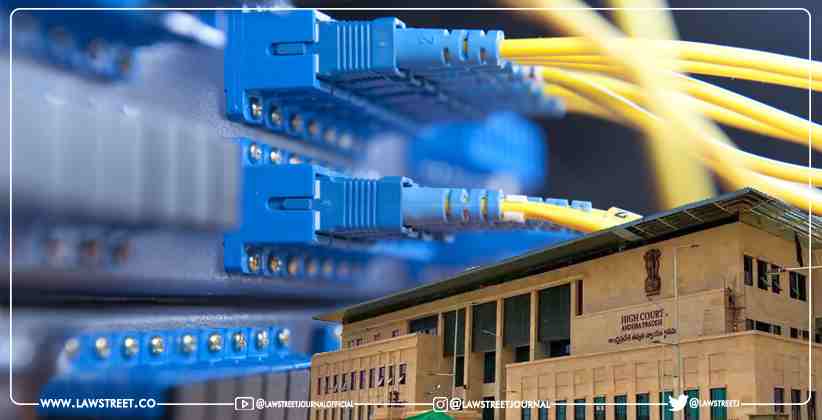Andhra Pradesh: The High Court of Andhra Pradesh has quashed criminal proceedings against a senior journalist and Editor of Sakshi Daily Newspaper, emphasizing that freedom of speech and expression must be protected unless there is clear evidence of promoting enmity between groups.
Justice Harinath N. addressed Criminal Petition No. 8132 of 2024 filed by Veladi Suguna Shekara Rao, seeking to quash Crime No. 410 of 2024 registered against him for alleged offences under Section 353(2) of the Bharatiya Nyaya Sanhita (BNS). The court noted, “The criminal petition is filed seeking quashing of Crime No. 410 of 2024 registered for alleged offences under Section 353(2) of BNS.”
Addressing the specific circumstances of the case, the court observed, “The petitioner is the Editor of Sakshi Daily Newspaper. A complaint was filed alleging that an article was published in the newspaper on 04.11.2024 titled ‘Ummadi Krishnajillalo Arachakam’.”
Highlighting the nature of the allegations, the court noted, “It is alleged in the complaint that fake news was published to instigate violent riots, with the intention to spread false information and mislead the public in the state. The article is claimed to be contrary to facts and far from the truth.”
In a critical observation about the legal requirements for the offence, the court stated, “The learned counsel placed reliance on Bilal Ahmad Kaloo vs. State of Andhra Pradesh, wherein the Hon’ble Supreme Court held that Sections 153-A and 505 of the IPC share the common feature of promoting feelings of enmity, hatred, or ill-will between different religious, racial, linguistic, or regional groups or communities. It is necessary that at least two such groups or communities should be involved.”
The court emphasized several key legal principles, including the necessity of two distinct groups, stating, “To constitute an offence punishable under Section 505(2) of the IPC, there must be two groups or classes belonging to different castes, religions, or communities, etc.”
Regarding the protection of press freedom, the court cited the Supreme Court’s judgment in Romesh Thappar vs. State of Madras, observing, “Article 19(1)(a) of the Constitution not only guarantees freedom of speech and expression but also protects the right of an individual to listen to, read, and receive speech or articles.”
The court further observed, “Registration of a criminal case based on a complaint regarding publication of an article—which neither resulted in promoting enmity between groups nor incited any commotion or riots—is unsustainable. This Court is of the considered view that the law is well settled regarding freedom of speech and expression, and the freedom of the press must be protected to ensure that information from all angles reaches the masses.”
In its final directive, the court held, “On these grounds, the criminal petition is allowed.”
The court emphasized that for every issue, there can be a 360-degree dimensional view, and perspectives from different angles cannot become subjects of criminal complaints. It further noted that if the article is defamatory, the aggrieved party is always at liberty to file a suit for damages.
The court also pointed out that the complaint was silent on which classes or groups were affected, resulting in riots, and that vague allegations about a news article cannot form the basis for registering a case under Section 353(2) of the BNS.
Mr. P. Nagendra Reddy appeared as counsel for the petitioner/accused, while the Public Prosecutor represented the State of Andhra Pradesh.
Case Title: Veladi Suguna Shekara Rao vs. The State of Andhra Pradesh and Others











